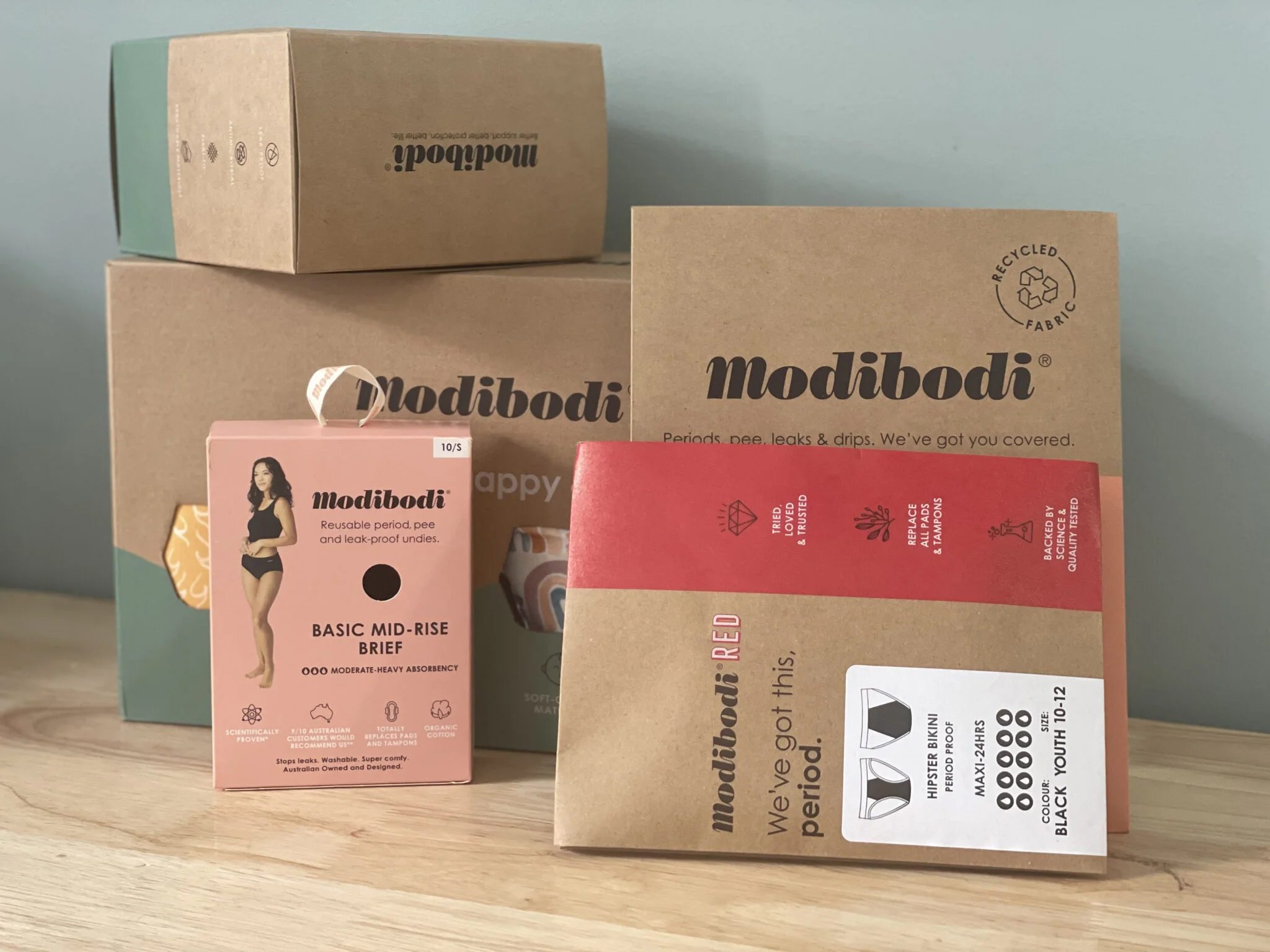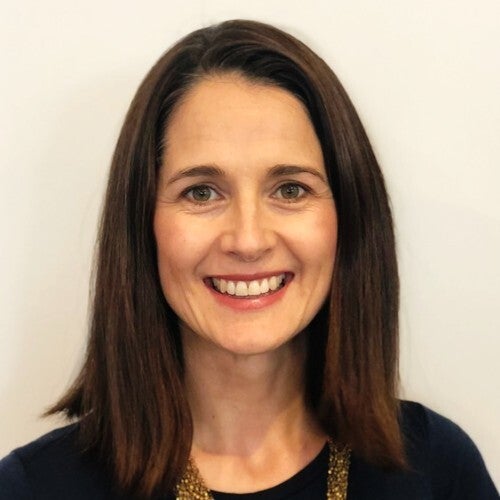Interview
“Cardboard gets broken down and recycled. But, there’s still so much value in it” – Modibodi sustainability & social impact lead Sarah Forde
In early March, Australian apparel brand Modibodi announced a tie-up with not-for-profit environmental organisation Canopy that will investigate sourcing the clothing’s packaging from waste. To hear more about the ‘Pack4Good’ project, Inside Packaging’s Ryan Ellington spoke with Modibodi’s sustainability & social impact lead, Sarah Forde.

"A
total of 21% of the food & beverage market is expected to be ordered through e-commerce by 2025,” said Ranpak’s cold chain business development manager Anne de Rouw. “At the same time, consumers are looking for sustainable packing solutions and have a less-than-positive unboxing experience when they open a box full of plastic packing materials.”
Inside Packaging’s Jessica Paige spoke with de Rouw to find out more about WrapPak and the cold chain opportunity.

Sarah Forde
What are your responsibilities at Modibodi?
I look after our supply chains and their ethical sourcing. I work with the product team around the materials we use, and packaging falls into that. We make choices on what those materials are and that obviously has some form of environmental impact.
What can you tell us about Canopy?
They’re a global organisation based in Canada. Their whole premise is to stop the destruction of ancient and endangered forests. What you don’t want is that you buy paper for your packaging and then discover it’s a hundred-year-old tree that’s been chopped down and chipped.
People would be horrified to think the habitat is being cut down to make packaging that gets used for such a short period of time and then thrown away, even if it can be recycled and you can use it again. Forests are so important for our health, biodiversity and clean air.
Canopy’s ‘Pack4Good’ programme commits signatories to moving their packaging away from being sourced from ancient and endangered forests.
What type of packaging does Modibodi currently use?
We use Forest Stewardship Council (FSC) recycled paper. The way to ensure some transparency and accountability within your supply chain is to defer to standards. They’re the best way to ensure something is being produced appropriately. Everyone along the supply chain should be following that.
With Pack4Good, the quality of the packaging is still good. It’s more that we’re demonstrating a demand for packaging that has certain standards and adheres to our values and expectations. What we’re trying to do is create that demand. We really have to think about what goes into our packaging.
Have you been impacted by cost factors in making this move?
Not really, because you can choose the supplier. The impact on costs is on those suppliers that aren’t thinking about this.
We’ve already chosen a specific supplier who already sources FSC paper. In packaging, you’re missing out on business if you’re not doing this. Plenty of brands, like Modibodi, make choices on certifications and standards.
How big a priority is the packaging to clothing brand owners like Modibodi?
Packaging is an extension of your product. Just as how we look at what materials create underpants, we look at what materials go into the packaging, where it comes from and who the suppliers are. It also plays a part in our ESG targets.
What would an ideal packaging system look like to you?
At the moment, there’s a huge amount of cardboard that gets shipped all around the world. A lot of that cardboard gets broken down and recycled when, in fact, there is still so much value in it – that’s a huge waste of resources and a cost to business.
What you want, ideally, is packaging that can be reused at the other end in a circular-type system. It needs a new smart sort of model or mechanism.
What lessons have you learnt that you can share on the packaging front?
Many companies are making choices about who they work with, based on sustainability principles. If manufacturers aren’t offering these, they’re not actually ahead of the game. They need to demonstrate that they understand the value of natural resources.
I think there are huge opportunities for those that are smart.